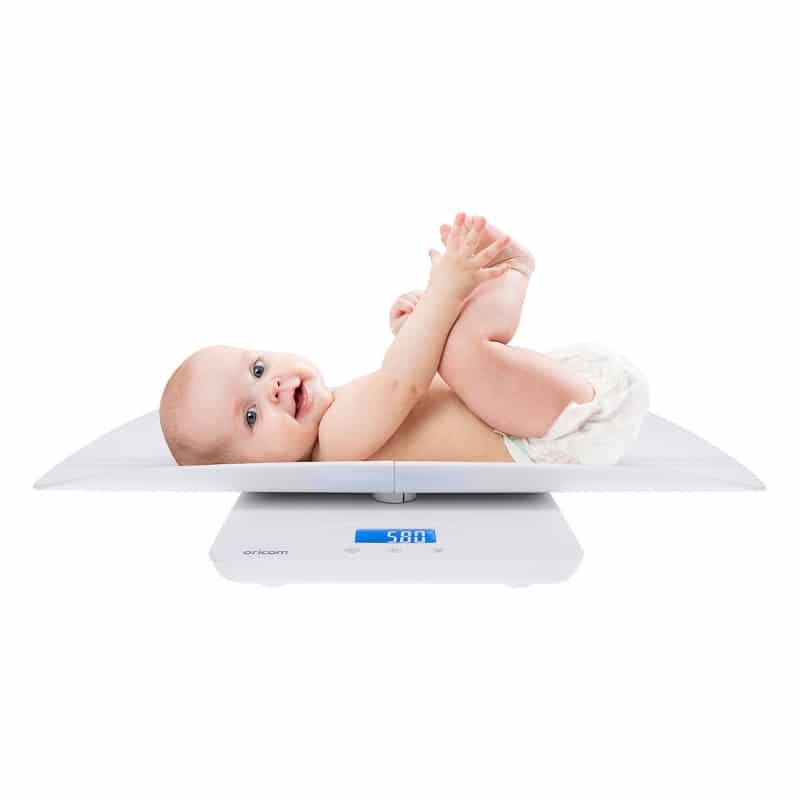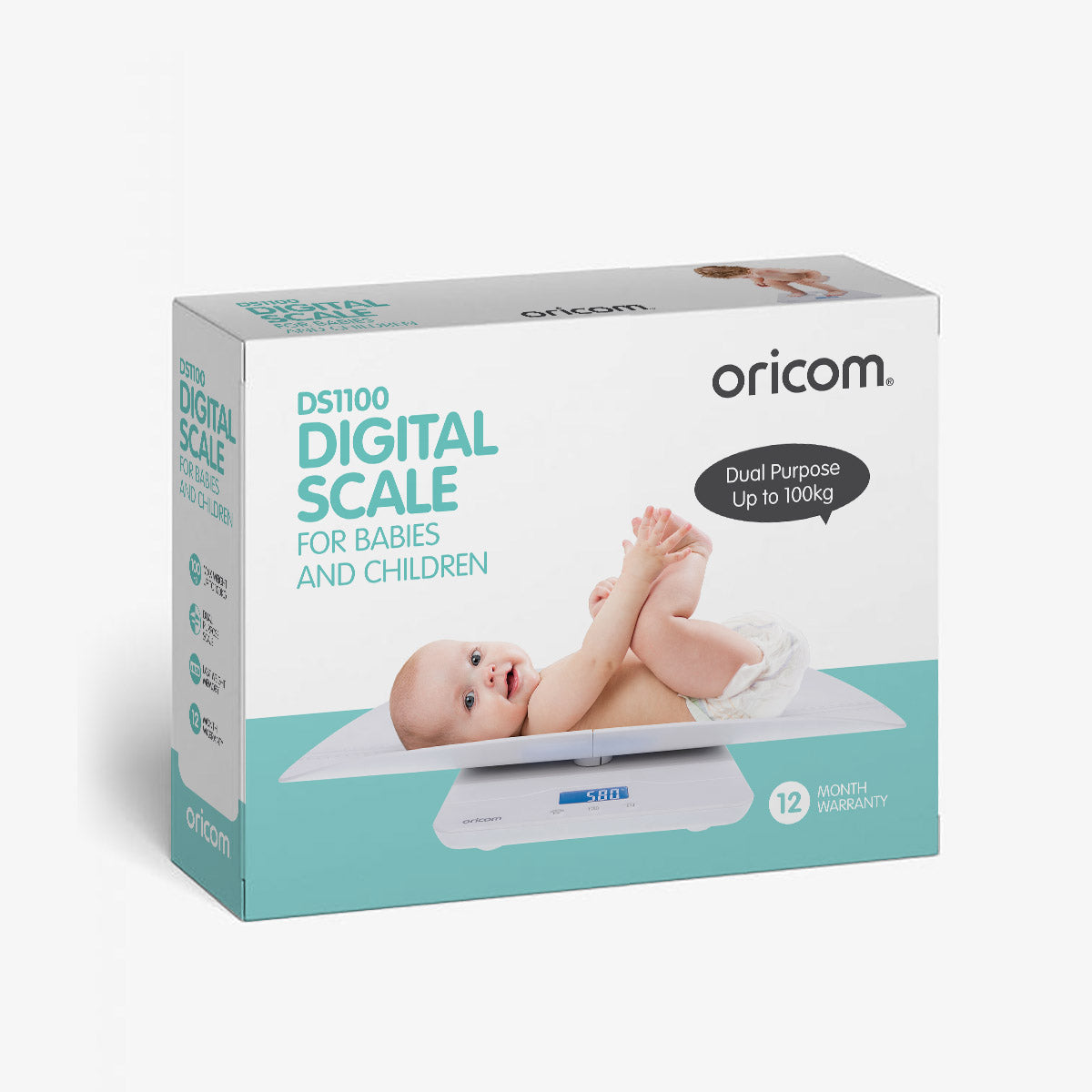Additional Information
What are the benefits of using a baby scale at home?
Using a baby scale at home allows parents to monitor their baby’s growth and weight gain regularly. It provides peace of mind, helps track feeding progress, and can alert parents to any potential health concerns early on.
How do I choose the right baby scale for my needs?
To choose the right baby scale, consider features like accuracy, ease of use, digital readouts, tare function (to account for clothing or blankets), and a comfortable, secure surface for your baby. Additionally, look for scales with a wide weight range and good reviews from other parents.
What features should I consider when purchasing a baby scale?
When purchasing a baby scale, consider the following features:
- Accuracy
- Digital display for easy reading
- Tare function
- Memory function to track previous weights
- Weight capacity
- Comfortable and safe design
- Portability and storage options
How often should I weigh my baby?
It’s typically recommended to weigh your baby once a week or as advised by your paediatrician. Weighing too frequently can cause unnecessary stress and may not reflect significant changes in weight.
Can I use a regular household scale to weigh my baby?
Using a regular household scale to weigh a baby is not ideal due to the lack of precision and safety. Baby scales are specifically designed to provide accurate readings and ensure the safety of your baby during the weighing process.
What is the best way to weigh a wriggly baby?
To weigh a wriggly baby, use a baby scale with a tare function. Place a soft blanket on the scale, tare the scale to zero, then gently place your baby on the blanket. Try to keep your baby calm and still during the weighing process.
Are there baby scales that can track my baby's growth over time?
Yes, many baby scales come with a memory function that allows you to track your baby’s growth over time by storing previous weight readings.
What safety features should a baby scale have?
A baby scale should have a non-slip surface, secure edges to prevent rolling off, and a stable base to prevent tipping. Additionally, look for scales with safety certifications.
How do I clean and maintain a baby scale?
To clean a baby scale, wipe the surface with a damp cloth and soft detergent. Avoid using harsh chemicals or submerging the scale in water. Regularly check for any damage and ensure the scale is functioning correctly.
Can baby scales be used for toddlers as well?
Many baby scales have a weight capacity that allows them to be used for toddlers. Check the product specifications to ensure the scale can accommodate your child’s weight as they grow. The Oricom DS1100 is a maximum weight limit of up to 100kg.
Do baby scales come with a warranty?
Yes, most baby scales come with a warranty period. The specifics vary by brand, so check the product details for warranty information.
How do I read the measurements on a baby scale?
Digital baby scales display the weight on an easy-to-read screen. Ensure the scale is on a flat, stable surface and the display is at eye level for accurate reading. Follow the brand’s instructions for any additional features or settings.
What should I do if my baby's weight readings seem inconsistent?
If your baby’s weight readings are inconsistent:
- Ensure the scale is on a flat, stable surface.
- Check for any damage or malfunctions.
- Recalibrate the scale according to the manufacturer’s instructions.
- Weigh your baby at the same time of day for consistency.
Where is the best place to set up a baby scale in my home?
Set up the baby scale on a flat, stable surface, such as a hard floor or a sturdy table. Ensure the area is free from drafts and vibrations to get the most accurate readings.


